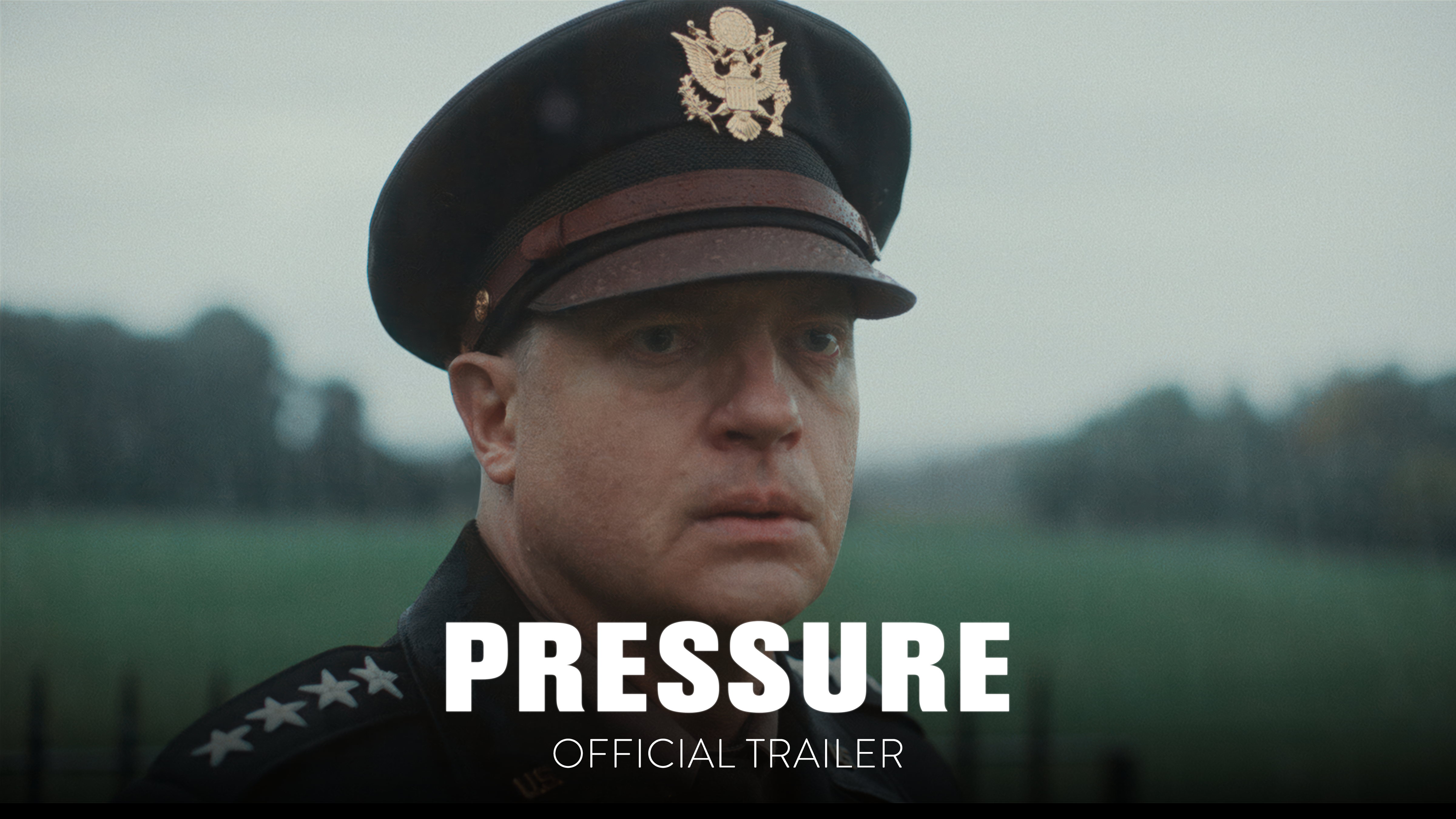Tessa Thompson: Passing feels 'Hitchcockian'
Tessa Thompson's new movie 'Passing' felt "almost Hitchcockian".
The 38-year-old star portrays Irena in Rebecca Hall's directorial debut - which features two childhood friends who reconnect as adults, with one "passing" as a white woman - and the actress believes the "suspense thriller" has similarities to acclaimed late filmmaker Alfred Hitchcock's work.
She said: "It lives in that space where this woman is entirely unraveling and you don’t necessarily know that. I think the audience might know that before she does.
"It felt almost Hitchcockian. She’s inside of a real suspense thriller, but it’s really the landscape of her own mind.”
Tessa enjoyed the "undertones" that featured in Nella Larsen's novella, which the film is based on, and believes there's a message being sent about labels and "silly constructions".
She said: “When I read the novella the first time, it felt like there was a lot of undertones that were very apparent to me,” said Thompson. “There’s some people that read it as a queer piece of fiction and some people that don’t see that at all. I read it that way. For me, I think one of the ways in which Irene might be passing is she’s passing for straight.
"But I also think [Larsen] is saying that all of those binaries are silly constructions and none of us fit too squarely in any of them. That when we are actually allowed the fullness of our self and authenticity, that we are always bound to spill out the sides of whatever boxes we try or people try to put us in.”
And the actress relished the "ambiguity" of her role because it was so different to the characters she often plays as a Black woman.
She told Indie Wire: "There is a kind of ambiguity that I don’t think we are often allowed, specifically as female protagonists, and then particularly Black female protagonists. I’m not sure of that were allowed the privilege of ambiguity all that often.
“I think so often, we play characters that are functional in a narrative. They have a job to do and so they can’t necessarily be a thing that’s hard to pin down because they serve a purpose inside of the narrative at large.”














